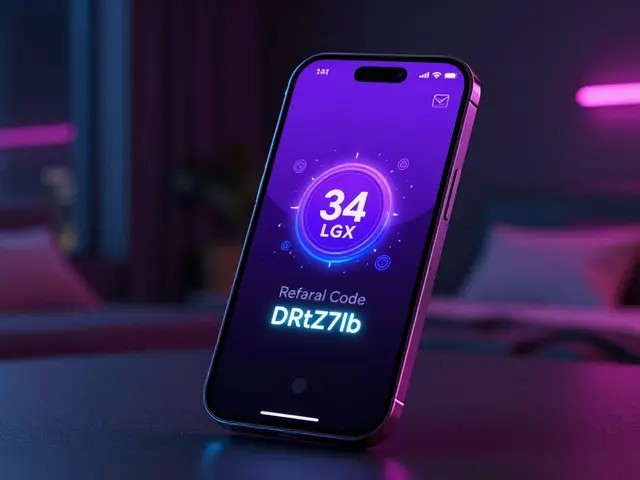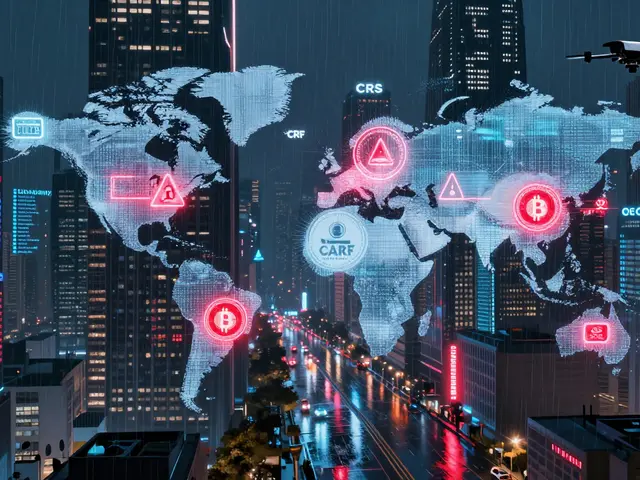NFT Regulation: What You Need to Know About Legal Rules and Risks in 2025
When you buy an NFT, a unique digital asset stored on a blockchain that proves ownership of art, music, or other content. Also known as non-fungible token, it’s not just a JPEG—it’s a legal asset that’s now under government scrutiny. In 2025, NFT regulation isn’t optional anymore. If you’re trading, minting, or even just holding NFTs, you’re dealing with rules that can mean fines, taxes, or worse.
Regulators are treating NFTs like securities, commodities, or property—depending on the country. In the U.S., the SEC has targeted NFT projects that promise returns, calling them unregistered investments. The UK’s FCA now requires NFT marketplaces to register as VASPs, Virtual Asset Service Providers that handle crypto transfers and must follow anti-money laundering rules. The EU’s MiCA law forces NFT platforms to verify users, report transactions, and keep records. Even countries like Japan and Singapore now demand licenses for NFT trading platforms. This isn’t about stopping innovation—it’s about stopping scams. And the crackdown is working: fake NFT drops, rug pulls, and wash trading are getting harder to hide.
Then there’s NFT taxation, the tax you owe when you sell or trade an NFT for profit. In the U.S., Canada, Germany, and Australia, selling an NFT for more than you paid triggers capital gains tax. Some countries treat it like property, others like income. And yes, the IRS is tracking wallet addresses. If you bought an NFT for $500 and sold it for $5,000, you owe tax on that $4,500 gain—no matter if you think it’s "just a meme." Meanwhile, countries like Portugal and Singapore still offer tax breaks, but even they’re tightening rules. The days of "I didn’t know I had to report it" are over.
And it’s not just about money. NFT regulation is also about who you can sell to. Sanctions lists now include crypto wallets. If you trade with someone on OFAC’s list—even unknowingly—you could be breaking the law. Blockchain forensics tools make it easy for authorities to trace NFTs back to real identities. If you’re using a VPN to bypass restrictions in places like Bangladesh or Iran, you’re not just avoiding censorship—you’re risking legal exposure.
What you’ll find below are real stories from 2025: the scams exposed, the taxes enforced, the platforms shut down, and the legal lines drawn. No theory. No guesswork. Just what’s actually happening to NFT holders, creators, and traders right now.




